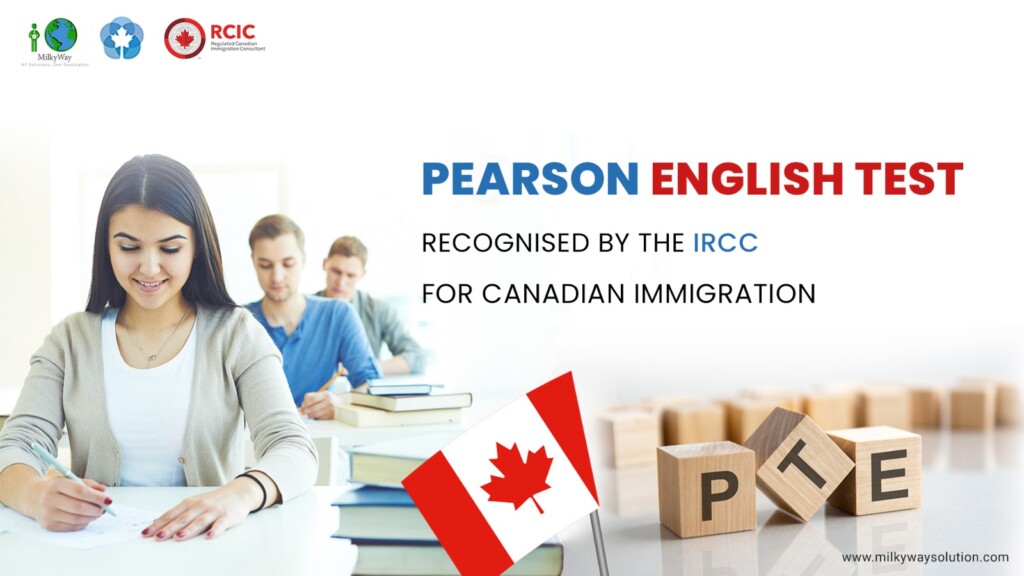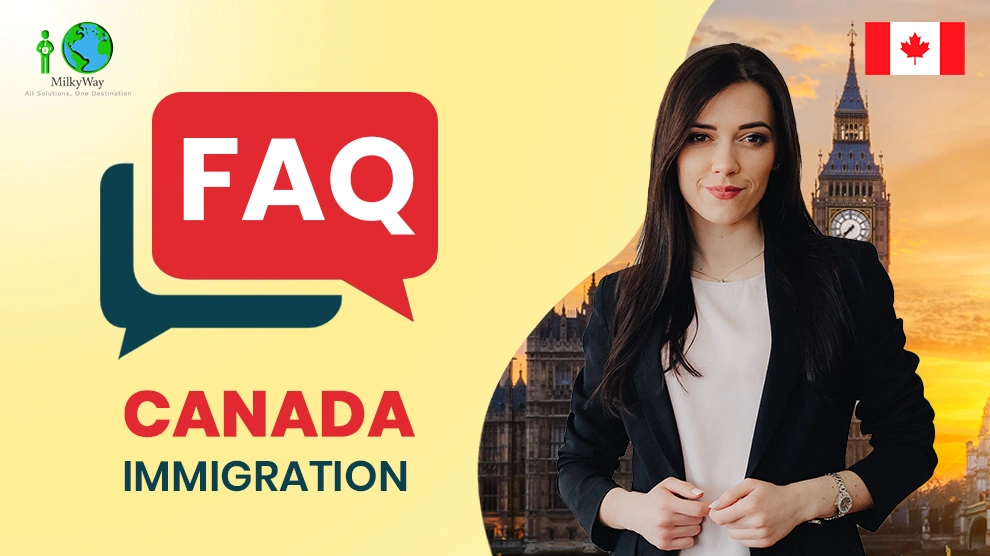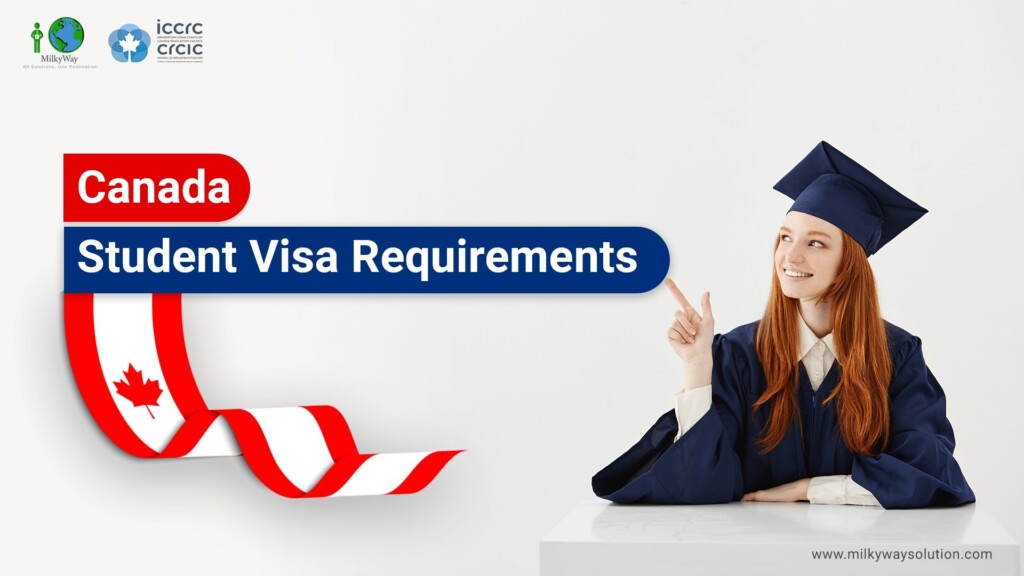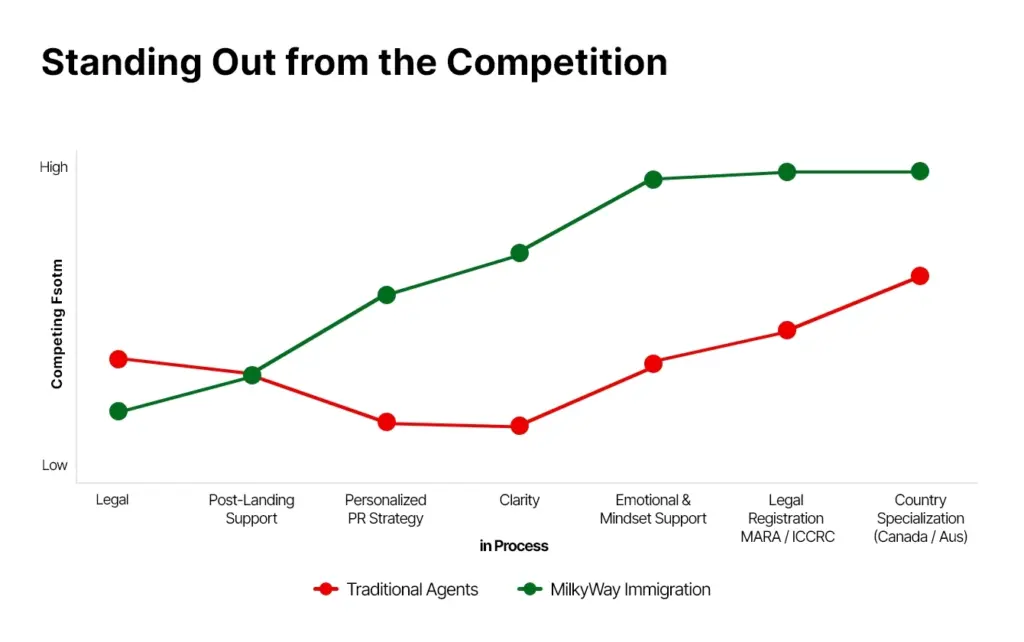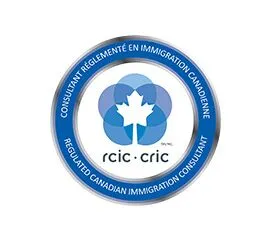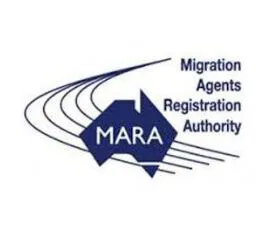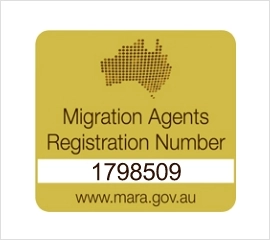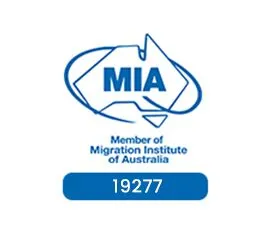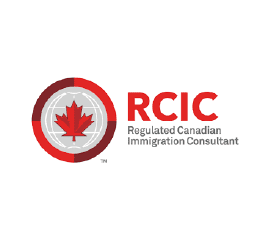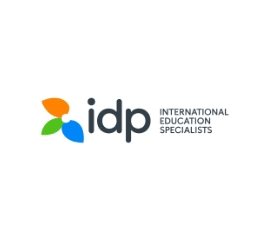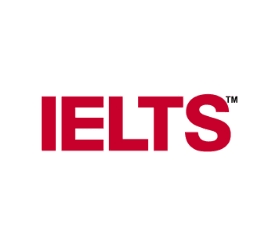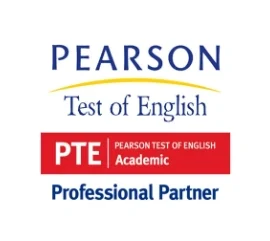Canada is dedicated to embracing immigrants from every corner of the globe. In order to guarantee that the country’s immigration system caters to the requirements of a diverse community, demonstrating proficiency in the English language is a crucial aspect of the immigration application process. The Immigration and Refugee Citizenship Canada (IRCC) recently declared that they have approved the Pearson Test of English (PTE) Academic as a legitimate assessment of English language abilities for Canadian immigration applicants. Starting in “late 2023,” the Pearson Test of English (PTE) will become one of the three recognized language tests, alongside CELPIP and IELTS General Training, that economic class applicants can take to prove their English language proficiency to Immigration, Refugees, and Citizenship Canada (IRCC). Let us look into the implications of this new declaration and explain how prospective applicants must incorporate the PTE into their immigration applications.
Pearson Test of English (PTE) Overview:
The Pearson Test of English (PTE) is a globally recognized English proficiency test for non-native speakers that assesses their mastery of speaking, writing, reading, and listening skills. Typically, individuals seeking to demonstrate their English proficiency for immigration, educational or professional purposes are eligible to take the test, although eligibility criteria may vary. The test can be taken at authorized centers worldwide and a nearby location can be found by visiting the Pearson website. The PTE score ranges from 10 to 90, with higher scores indicating a higher level of English proficiency, and is based on a scoring system that evaluates all four language abilities through multiple-choice questions and tasks.
The approval of PTE Essential has added to the pool of language tests recognized by Immigration, Refugees, and Citizenship Canada (IRCC) for economic-class immigration candidates. In addition to CELPIP, IELTS General Training, and PTE Essential, IRCC also accepts TEF Canada and TCF Canada as the two French language proficiency tests. Thus, IRCC recognizes the following language-testing organizations for Canadian immigration and citizenship purposes:
English:
- Paragon Testing Enterprises Inc. (CELPIP-G test for immigration and citizenship, CELPIP-G LS for citizenship only)
- IDP(IELTS), British Council (IELTS)
- Pearson Canada Inc. (PTE Essential, anticipated to be accepted by IRCC in late 2023)
French:
- Paris Chamber of Commerce and Industry (TEF Canada, with modules for reading, listening, writing, and speaking)
- France Education International (TCF Canada, with modules for reading, listening, writing, and speaking).
The IRCC does not have a preference for any specific language test. All accepted tests are given equal consideration, so you can select the one that is most convenient for you. Regardless of the test you choose, the results must be less than two years old (24 months) to be considered valid. IELTS, CELPIP, and PTE all evaluate your abilities in the four core language skills: listening, reading, writing, and speaking.
IRCC mandates that those seeking to immigrate to Canada as economic class candidates must prove their proficiency in either English or French through language testing. This is because statistics indicate that fluency in one of these languages is a key factor in successfully integrating into the Canadian economy. Although IRCC has yet to announce a specific date for when PTE Essential will be accepted as part of Canadian immigration applications, the organization aims to make this possible by the end of 2023.
Canada has a wide range of options for economic-class immigrants with over 100 pathways available. The most common routes for immigration are through the Provincial Nominee Program (PNP) and Express Entry under the 2023-2025 Immigration Levels Plan. Candidates applying through other pathways, such as IRCC pilot programs, the Atlantic Immigration Program, and Quebec Skilled Worker programs, must also take a language test approved by IRCC.
To be eligible for a certain immigration pathway, candidates must pass an IRCC-approved language test and reach the minimum required Canadian Language Benchmark (CLB) score. For example, to apply for the Federal Skilled Worker Program (FSWP), candidates must score at least 7 in all four language skills (writing, reading, listening, and speaking). The minimum CLB score for some programs is 4.
For certain immigration programs, like those managed through Express Entry and provincial/territorial interest systems, candidates who score higher on the Canadian Language Benchmark (CLB) test receive more points. In 2022, an internal memo from Immigration, Refugees, and Citizenship Canada (IRCC) was obtained by CIC News, confirming the department’s approval of a new language test for Canadian immigration and outlining potential language testing reforms they were considering.
Candidates can now submit their English-language test results from any of the three approved tests, IELTS, CELPIP, or PTE, for their Canadian immigration applications.
Please note that these policies and procedures are posted as a courtesy to stakeholders and may be subject to change. IRCC’s official website should always be consulted for the most up-to-date information.
Stay informed on the latest Canadian immigration news from MilkyWay!

